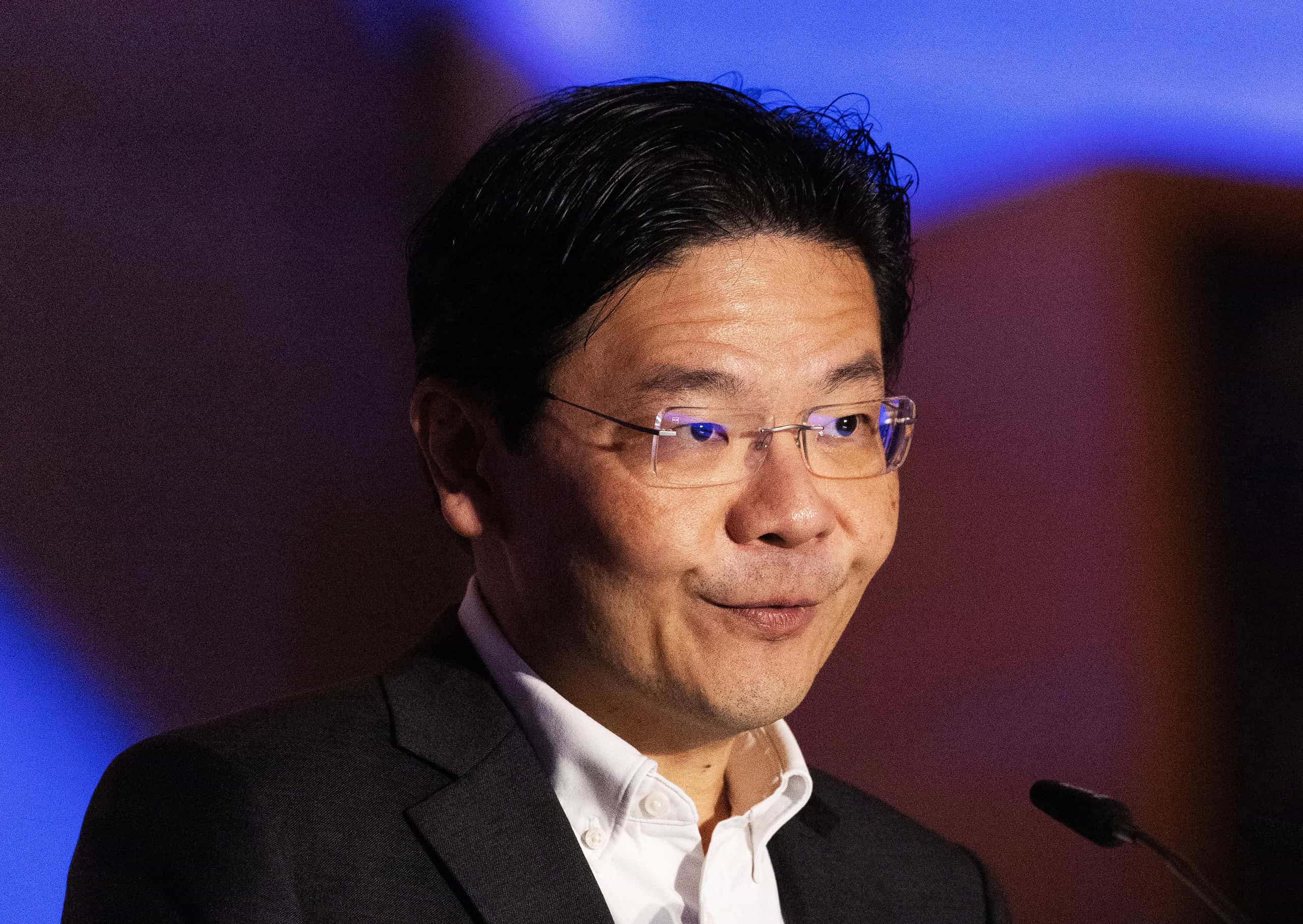Veteran technocrat Lawrence Wong will become Singapore’s fourth prime minister on May 15, as Lee Hsien Loong steps down after two decades steering Southeast Asia’s most advanced economy. Wong, currently deputy prime minister and finance minister, inherits the premiership in the wake of a series of political and corruption scandals that rocked the city-state’s squeaky-clean image.
Lee had earlier indicated that the 51-year-old Wong would take over on the symbolically loaded date of November 21, the 70th anniversary of the founding of the ruling People’s Action Party (PAP).
As party leader of the PAP, which attracted one of its lowest shares of votes in Singapore’s history in the 2020 elections, Wong will face a daunting set of challenges.
He must quickly restore public confidence in the party ahead of a general election scheduled for November 2025, but which may take place much earlier. And he must grapple with the simmering rift between two of its top trading partners, the US and China.
That conflict is reflected in domestic political differences as well. Rahman Yaacob, a research fellow in the Southeast Asia Program at the Sydney-based Lowy Institute, said in a recent analysis, “There is a divergent perception of China and the United States between Singaporean elites and the general population.”
The island city-state has pursued a policy of neutrality but faces pressure from fellow ASEAN countries unhappy with Beijing’s increasingly assertive claims in the South China Sea. As outgoing chair of the Monetary Authority of Singapore, Wong will also be mindful that inflation is crimping consumers’ spending power and could foment popular unease over PAP policies.
Advance estimates of first-quarter GDP show growth falling sharply from 1.2% from the fourth quarter of last year to just 0.1%, according to London-based Capital Economics. Finding a way through these thickets will not be Wong’s job alone, however. Lee will stay on in the cabinet as senior minister, Wong stated last month.
